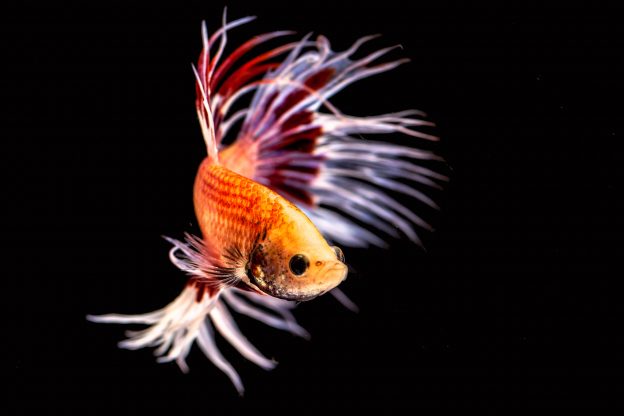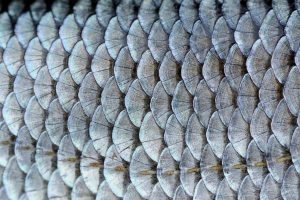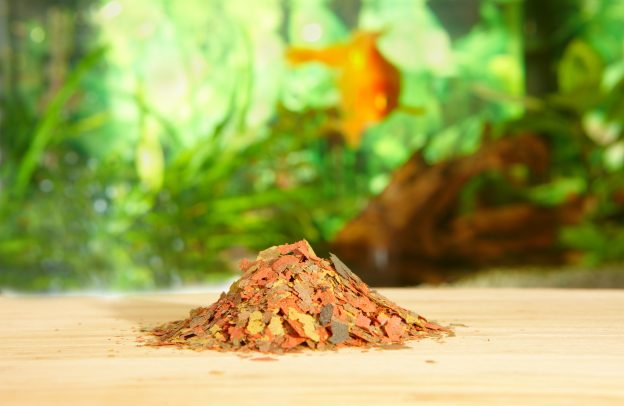OK so you can clearly tell how old humans, dogs, and cats are. There are plenty of signs – some of which we try to fight off with every fiber of our being. Fish, though, don’t have the same telltale characteristics, so how do you identify the age of fish as they get older? Do you have great-grandparents in your aquarium, or are they still just infants learning to explore their environment?
It’s actually pretty hard to tell how old they are, and the signs may be difficult to see. Still, here’s the trick.
How to Identify the Age of Fish
It’s not in their hair, because, well, they don’t have any. It’s not in the elasticity of their skin, and it’s not in their wisdom – at least not as far as we can tell!
It’s mainly in one thing: their scales. Their scales tell the tale – perhaps similar to what human teeth might reveal about someone’s history.
As stated by the Northeast Fisheries Science Center, fish in the wild grow faster in the summer than in the winter. Patterns in the scales reflect this: summer zones are wide, and winter zones are narrow. You can identify the age of fish, therefore, by counting the winter-summer pairings. One pair is called an annulus, with the plural form of the word being annuli.
The density and pattern of the scales are signs of their age as well.
The center relates it to identifying the age of a tree by counting rings in the wood.
In addition to counting annuli, you can identify the age of fish by the vertebrae and fin rays, but that’s only possible to do after the fish have died.
You also may be able to approximate the age of a fish by its size and behavior. Older fish may be a little bigger, for example.
Average Lifespan of Aquarium Fish
The lifespan of fish varies widely depending on the species and many other factors. A killifish, for example, often only lives about one short year, while a goldfish can live for 20-30 years. The average lifespan of the most common aquarium fish combined is about 7 years.
Larger fish tend to live longer than smaller fish, and fish don’t really “die of old age” in the wild. Instead, older fish tend to swim slower and are therefore more likely to be eaten by stronger, younger fish.
In any event, proper care of aquarium fish can increase their life expectancy. Contact us or see our blog page to learn more about how to create a healthy environment for your fish.






